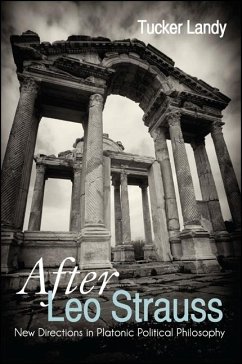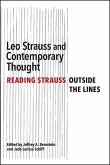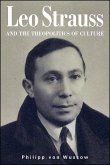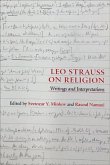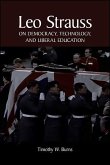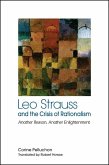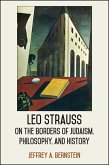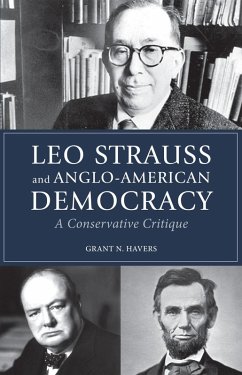Few thinkers of the twentieth century studied the fundamental questions of ethics and politics, or penetrated further into the philosophical sources of the moral relativism of our times, more deeply than Leo Strauss. After Leo Strauss is not yet another attempt to explicate, critique, or defend Strauss. Instead, it encourages us to look in new directions, and to escape certain aspects of Strauss's powerful influence, in order to revisit classic texts and make our own judgments about what those texts might mean. Tucker Landy proposes a post-Straussian reading of the Platonic dialogues that is non-esoteric yet respectful of their subtle dramatic-pedagogic form and urges us, in a spirit of Socratic humility, to reexamine ancient and modern theories of natural right to seek possible grounds for reconciliation between them. Landy puts forth a Socratic theory of democratic liberalism as an example of such reconciliation.
Dieser Download kann aus rechtlichen Gründen nur mit Rechnungsadresse in A, D ausgeliefert werden.

